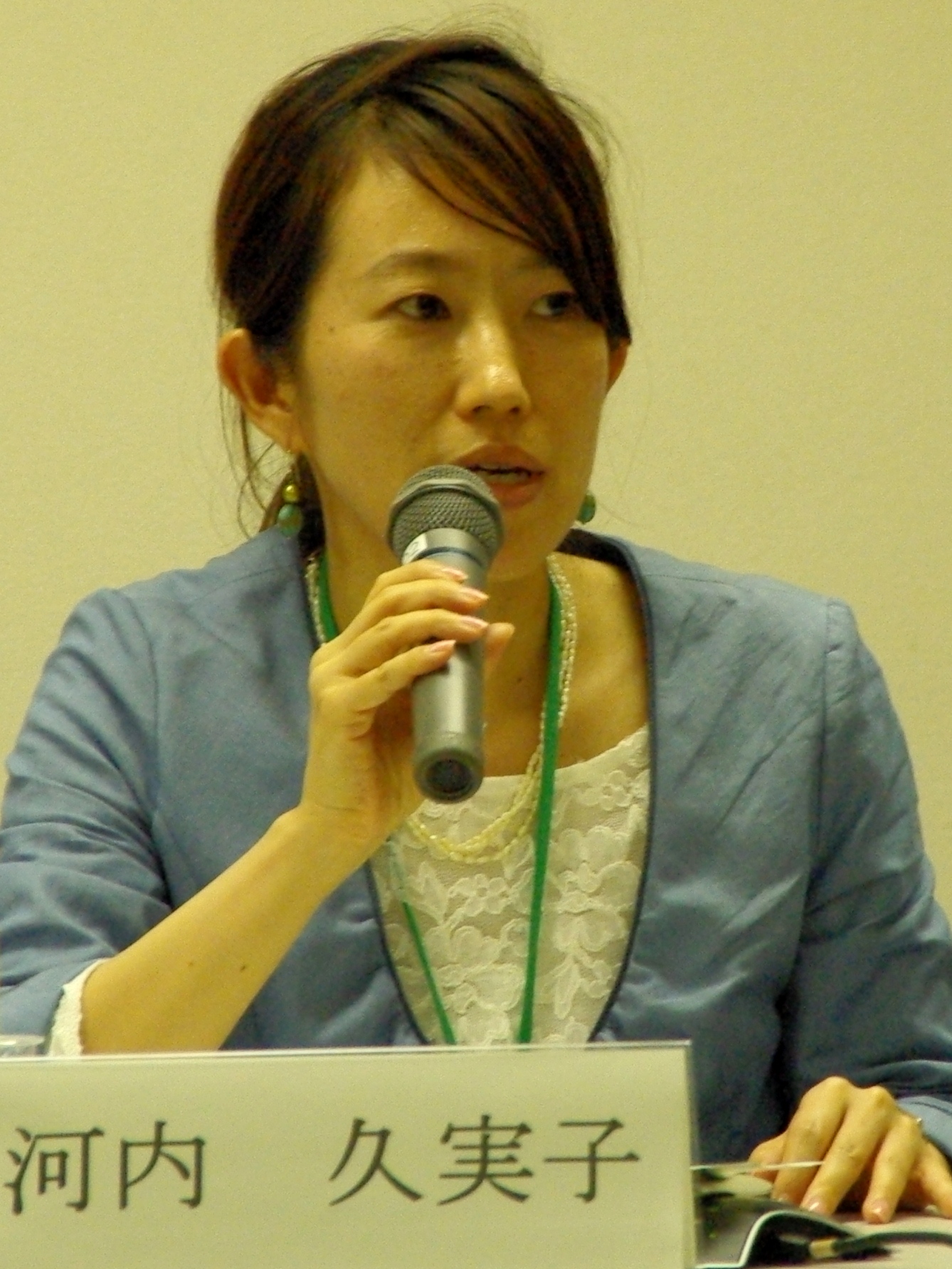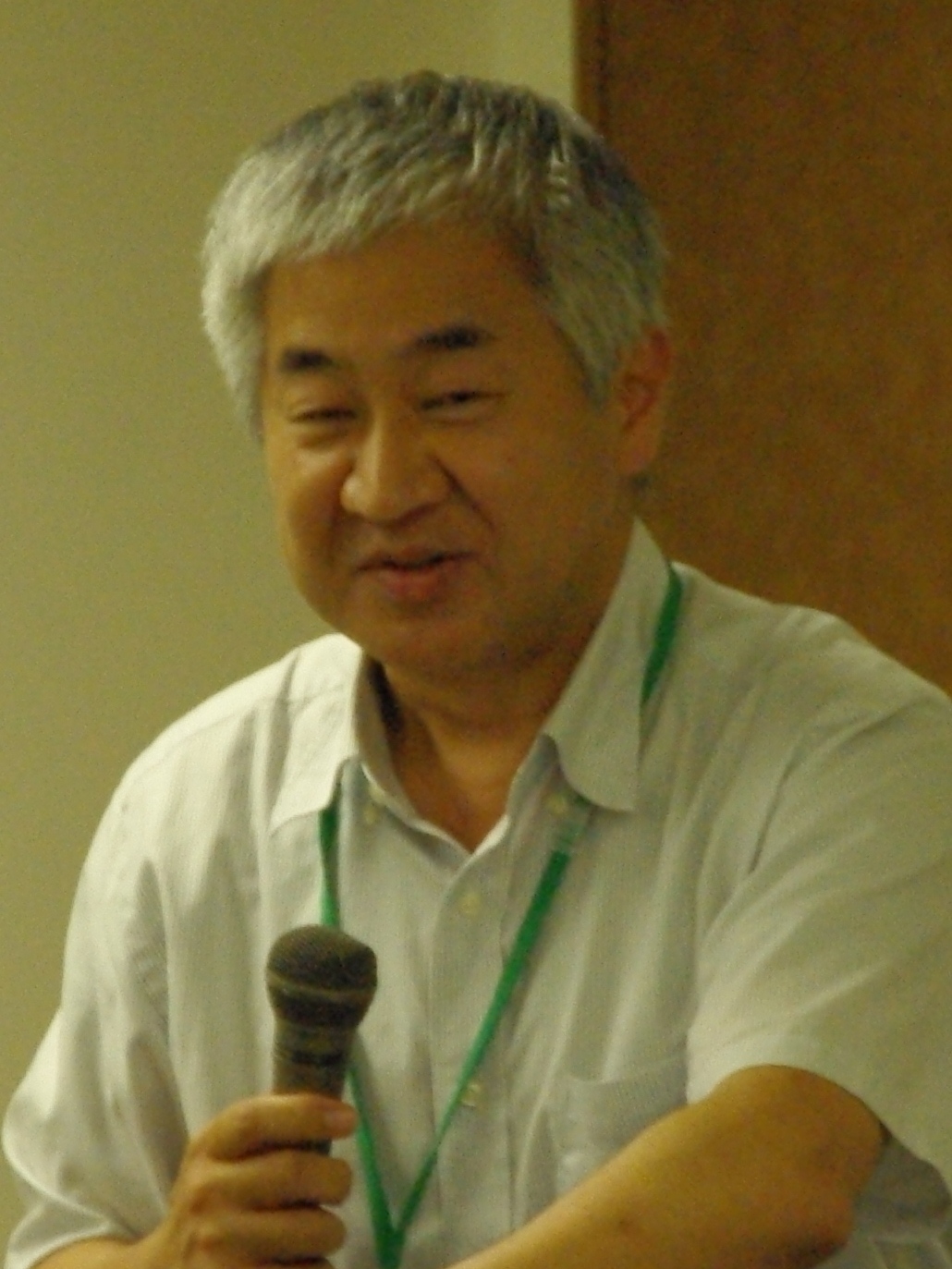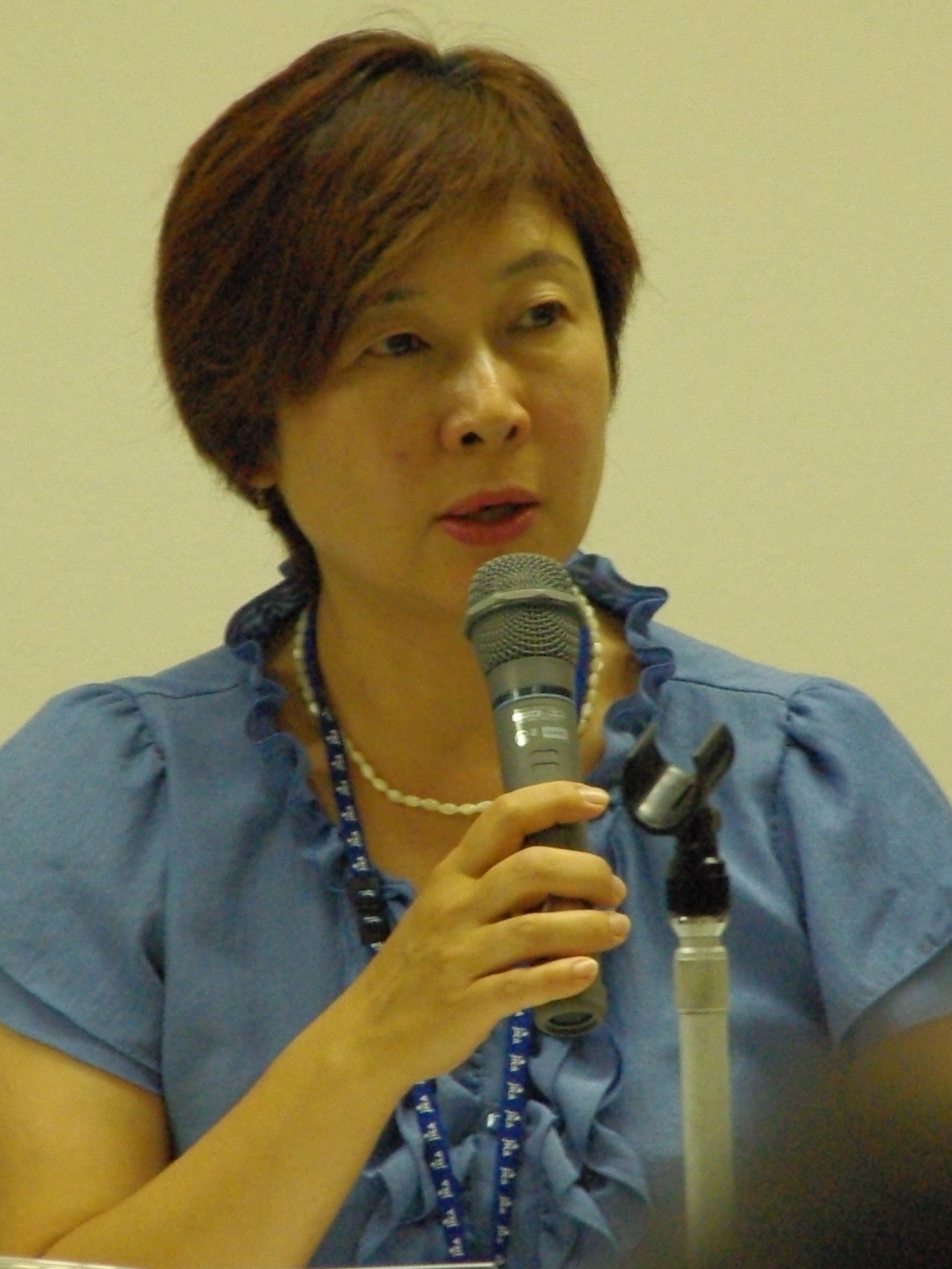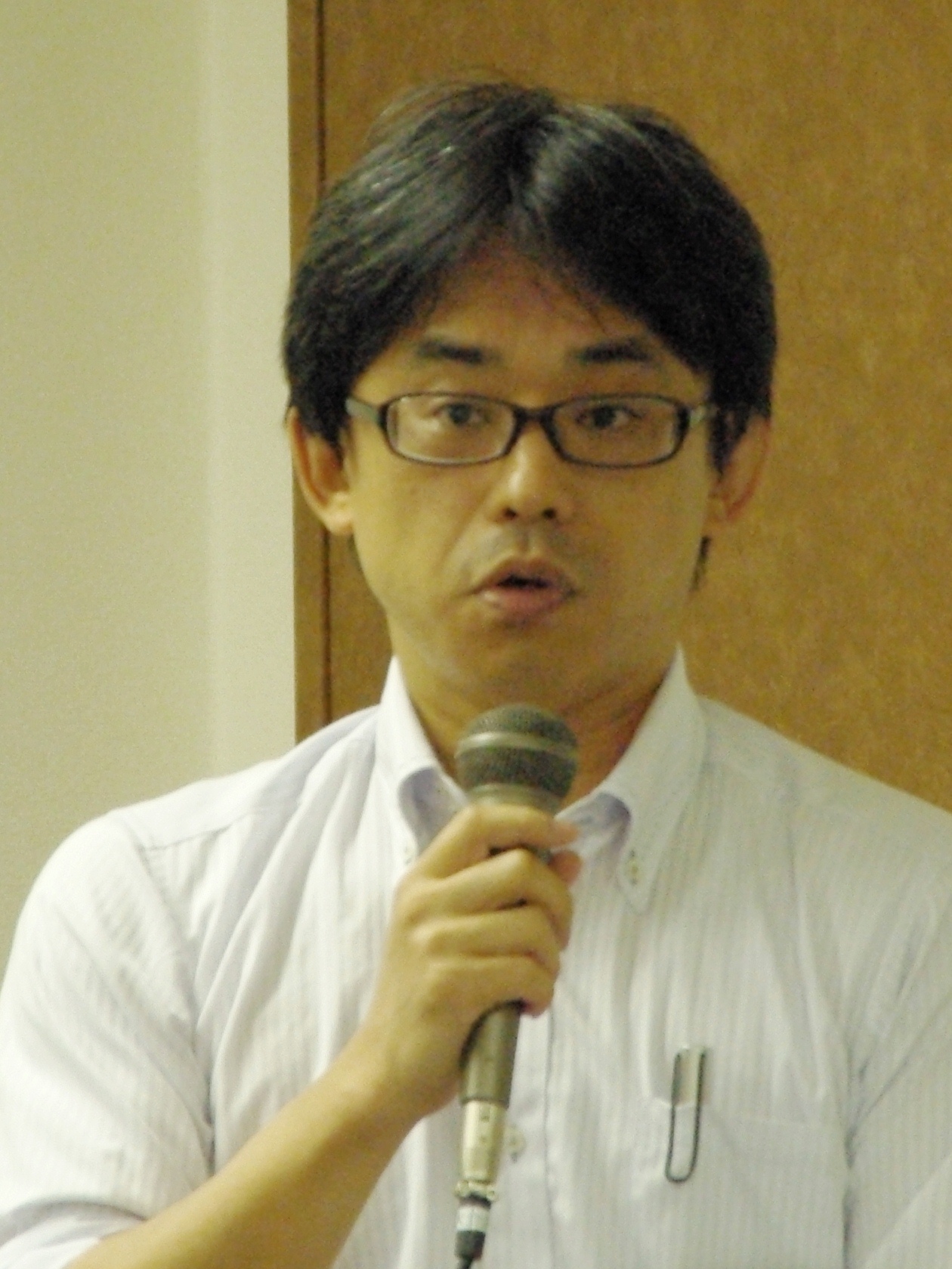An International Comparison of Overseas Volunteer Programs: Peace Corps, VSO and JOCV: JICA-RI Holds a Public Seminar
2014.07.09
On June 23, JICA-RI convened a public seminar entitled “An International Comparison of Overseas Volunteer Programs: Focus on the US and the UK” at the JICA Ichigaya.
JICA-RI has been conducting the Interdisciplinary Study of Japan Overseas Cooperation Volunteers (JOCV) research project since 2012. As part of this project, the Institute has held seminars to disseminate its research outcomes and build up research networks. This seminar was the third, following on from the first (on the history of the JOCV program) in September 2013, and the second (on the nexus between the JOCV program and anthropology) in March 2014.

Dr. Kawachi
The seminar highlighted the Peace Corps program run by the US government and the VSO (Voluntary Service Overseas) by a British NPO. It looked into the objectives, achievements, and histories of the two programs, while comparing with the JOCV program.
First, Dr. Kumiko Kawachi, Strategy Officer of the Nagasaki University School of Global Humanities and Social Sciences, gave a presentation titled “The Pioneer of Government-run Volunteer Organizations: Half a Century of Path of the US Peace Corps.” She outlined the history and achievement of the program, including: its foundation in 1961 under an Executive Order by late President Kennedy; and its record of dispatch of more than 215,000 volunteers in total to 139 countries as of February 2014. Dr. Kawachi pointed out that the Peace Corps has been affected by the US’s international relations and its domestic politics, due to its affiliation to the government, although the program adopted an independent, non-political stance since its launch. She explained it with an example of halting the dispatch of the Peace Corps to Latin America during 1972 and 1982.

Prof. Sawamura

Ms. Matsumoto
Ms. Setsuko Matsumoto, Head of the Research and Planning Department at Creative Cooperation Service Japan Co., Ltd., gave a presentation on the theme of “A Study of VSO: What We Can Learn from an Organization That Keeps Changing.” Founded in the UK in 1958 by Alexander G. Dickson, “the father of worldwide volunteering” and others, VSO has pursued to reduce poverty by supporting partner organizations of each country. In early days, the program dispatched high-caliber British youngsters who had finished their secondary schooling to emerging nations in order to serve as English teachers. Soon afterward fields of volunteering increasingly professionalized and VSO now dispatches volunteers with a high level of expertise regardless of their nationalities to the poorest nations and regions. Ms. Matsumoto pointed out that VSO, having flexibly changed in response to the demands of the times, can offer a great many suggestions to the restructuring of the JOCV program.
After the presentations, Professor Nobuhide Sawamura of Osaka University Graduate School of Human Sciences illustrated the features and differences among the three volunteer organizations, drawing on the anecdotes that he heard from the volunteers during his visit to developing countries; he touched on that the Peace Corps is prone to the changes in Presidency of the US, while VSO, as an international NGO, has dispatched volunteers with 94 different nationalities including developing countries to date.
During the Q and A session, the floor responded to a variety of issues including: safety management; funding of the programs; securing jobs for returned volunteers; and current and future partnerships between volunteer organizations.

Senior Research
Fellow Okabe
Lastly JICA-RI Senior Research Fellow Yasunobu Okabe wrapped up the session, stating: “The JOCV program is similar to the Peace Corps in organization, while it resembles VSO in terms of its development assistance initiatives and high level of expertise. Thus JOCV program can learn a great deal from the advantages and experiences of both organizations.”

事業事前評価表(地球規模課題対応国際科学技術協力(SATREPS)).国際協力機構 地球環境部 . 防災第一チーム. 1.案件名.国 名: フィリピン共和国.

事業事前評価表(地球規模課題対応国際科学技術協力(SATREPS)).国際協力機構 地球環境部 . 防災第一チーム. 1.案件名.国 名: フィリピン共和国.

事業事前評価表(地球規模課題対応国際科学技術協力(SATREPS)).国際協力機構 地球環境部 . 防災第一チーム. 1.案件名.国 名: フィリピン共和国.

事業事前評価表(地球規模課題対応国際科学技術協力(SATREPS)).国際協力機構 地球環境部 . 防災第一チーム. 1.案件名.国 名: フィリピン共和国.

事業事前評価表(地球規模課題対応国際科学技術協力(SATREPS)).国際協力機構 地球環境部 . 防災第一チーム. 1.案件名.国 名: フィリピン共和国.